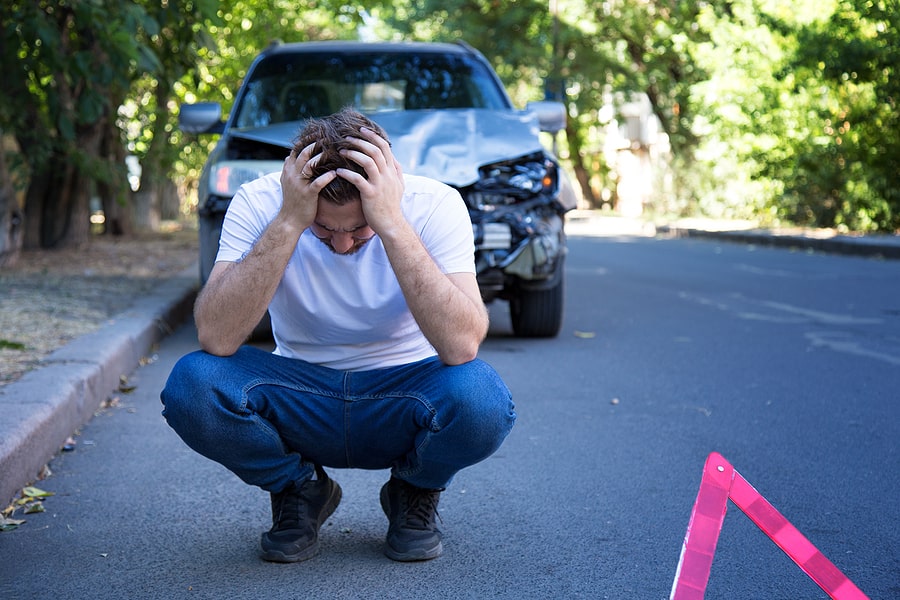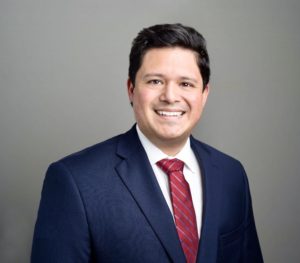Car accidents can feel terrifying and confusing. The steps you take after a crash, however, can make a significant impact on your legal and financial rights. Here are some suggestions for actions to consider taking after a car accident that wasn’t your fault, to help ensure that you put yourself in the best possible position to receive the compensation you need and deserve.
At the Scene
Many individuals are too seriously injured to collect information and evidence at the scene of the accident. However, if you are conscious and can move about freely and safely—or can communicate your needs to an uninjured passenger who can get the needed information for you—it could save a lot of effort trying to gather evidence and re-create the scene later. Here are some practical tips.
Remain at the Scene
If you get into a car accident, you must report the accident to the authorities if it resulted in injuries, a fatality, or more than $1,000 in damage to any vehicle. You must also remain at the scene until authorities arrive and exchange information with the other driver. Leaving the scene could constitute the crime of committing a hit-and-run.
Of course, staying at the scene does not mean putting yourself in harm’s way. Take necessary safety precautions, including:
- If you can move your vehicle out of the travel lanes of the roadway, pull it as far off the road as you safely can. Ensure that passengers and pets are safely out of the vehicle and off of the road to avoid further injury from a secondary accident. Turn off your vehicle and turn on your hazard lights to warn other drivers. If you have cones, flares, or warning triangles, you can use them to increase the visibility of the accident for approaching drivers.
- Check your passengers and yourself for injuries. If you can approach the other vehicle, do so carefully to check to see if any of its occupants are injured. If the accident may have injured someone, request an ambulance when you call 911 to report the accident.
As a rule of thumb, unless you need to leave the scene in an ambulance, plan on staying until a police officer tells you it’s okay to leave.
Collect Information

The insurance company State Farm recommends gathering this information at the scene of an accident, if you can do so without putting yourself or others in harm’s way, and without interfering with emergency responders:
- The names and contact information for all other drivers and vehicle passengers involved in the accident.
- The description of the other vehicles involved in the accident, including make, model, year, and license plate number.
- The driver’s license numbers for all drivers involved.
- The names of the insurance carriers for all drivers involved, as well as their insurance policy number.
- The names and contact information for any eyewitnesses at the scene.
- The accident scene location or address.
- The name and badge number of the responding police officer.
Be prepared to give this same information to other drivers involved in the accident, regardless of who was at fault. If you speak with the other driver, be pleasant and non-confrontational. Avoid laying blame for the accident when talking with anyone at the scene, including police officers. Stick to the facts and cooperate fully.
Take Pictures
If possible, use your cell phone camera to photograph the scene. Photos of the scene from every angle and perspective may help your lawyer prove a claim for damages on your behalf. Helpful subjects to photograph include pictures of all four sides of every vehicle involved; any visible injuries to you or your passenger; debris on the roadway and photos of the traffic and weather conditions at the scene.
Once You Have Left the Scene
It can help to continue thinking and acting carefully after leaving the scene of a car accident.
Seek Medical Treatment for Your Injuries
Seek immediate medical care for any obvious car accident injury. Also, get a check-up within 24 hours even if you don’t feel hurt. Stress and adrenaline can mask pain in the immediate aftermath of a crash, and certain serious injuries—such as traumatic brain injuries and internal injuries—may not display immediate symptoms. When it comes to your health, better safe than sorry.
Obtain the contact information for any doctor providing your treatment and retain copies of all documentation of this treatment.
Notify Your Insurance Company
Even though you were not at fault, you probably must inform your auto insurance carrier that the accident happened and of any injuries you know about. In speaking with your carrier, stick to the facts. Do not blame others, and do not say anything that the carrier could interpret as you blaming yourself. Better yet, ask your lawyer to call your insurance company for you. Leave it to the lawyers and insurance adjusters to figure out who should face financial responsibility for the crash.
Beware Representatives Someone Else’s Insurance Company
One of the most common mistakes that injured individuals make after getting into a car accident that wasn’t their fault is speaking to and, worse, trusting the good faith of, the at-fault party’s insurance adjuster. Remember, that adjuster’s job is to figure out ways not to pay you the compensation you deserve. You usually do not have any obligation to speak with that adjuster, and you should never agree to give that adjuster a recorded statement. Instead, politely decline an interview and refer the adjuster to your attorney.
Stay off Social Media
Insurance company investigators love trawling social media for information to use against you. A picture of you smiling, a post about something happy in your life, even sending a like to someone else’s post, can all end up getting used as evidence that you aren’t as hurt or traumatized as you claim. Now is not the time to be giving insurance adjusters a window into your life and your emotions. Staying off social media protects your rights and financial interests.
Contact an Experienced Car Accident Injury Attorney As Soon as Possible
The sooner you contact an experienced car accident injury lawyer, the better your chances of securing the maximum compensation you deserve for your injuries and losses.


